Teach for Impact – Fall 2020
 The GME Education Team introduces the new “Teach for Impact!” series to share selected teaching methods with our faculty and trainees quarterly. Our Team would like to contribute to our community’s devotion to quality education by sharing novel ideas as well as “oldies but goodies” that will help us expand our teaching repertoire.
The GME Education Team introduces the new “Teach for Impact!” series to share selected teaching methods with our faculty and trainees quarterly. Our Team would like to contribute to our community’s devotion to quality education by sharing novel ideas as well as “oldies but goodies” that will help us expand our teaching repertoire.
HOT OFF THE PRESS
Meaningful feedback going beyond the feedback process
Have you noticed that some trainees become defensive when you point out areas for improvement while giving feedback? Do you want to provide feedback that helps trainees manage the complex, new, and ambiguous professional challenges? Two articles were recently published that encourage educators to rethink feedback as a tool for life-long learning and to engage learners actively in the feedback process.
- Bearman M, Brown J, Kirby C, Ajjawi R. Feedback that helps trainees learn to practice without supervision [Published online ahead of print September 1 2020]. Acad Med. 2020. DIO: 1097/ACM.0000000000003716
Feedback should focus on long-term learning toward autonomous practice and both educators and learners should be able to take their feedback conversations into their future work. This article provides concrete strategies to help trainees develop evaluative judgment and capability to identify and appraise the qualities of good practice.
- Molloy E, Ajjawi R, Bearman M, Noble C, Rudland J, Ryan A. Challenging feedback myths: Values, learner involvement and promoting effects beyond the immediate task. Med Educ. 2020;54:33-39.
Feedback should be a relational activity between learners and educators, not an educator “delivering monologue.” “Socially-embedded” nature of sharing feedback needs trust between the two parties to reveal and communicate vulnerability as well as to co-construct knowledge.
Food for Thought: Competency-based GME during and after a pandemic
- Goldhamer MEJ, Pusic MV, Co JPT, Weinstein DF. Can Covid catalyze an educational transformation? Competency-based advancement in a crisis. N. Eng. J. Med. 2020;383:1003-1005. DOI: 10.1056/NEJMp2018570
Canada has launched a nationwide transition to the competency-based time-variable (CB-TV) GME. Even though GME in the US vouches for competency-based GME, it is still tethered to time- and case-volume based training requirements. Goldhamer et al. share suggestions to transition to CB-TV GME as planned curriculum-based training opportunities are lost or reduced due to COVID-19.
OLDIES BUT GOODIES
Scaffolding:
“Scaffolding” is a way to support learners by breaking learning up into chunks and providing a concrete structure for each. Does medical knowledge you want to teach involve understanding of several concepts with progressive difficulty levels? Would (struggling) learners benefit from explicitly guiding from where they are now to the next level by teasing out the task? Here is more information on scaffolding.
